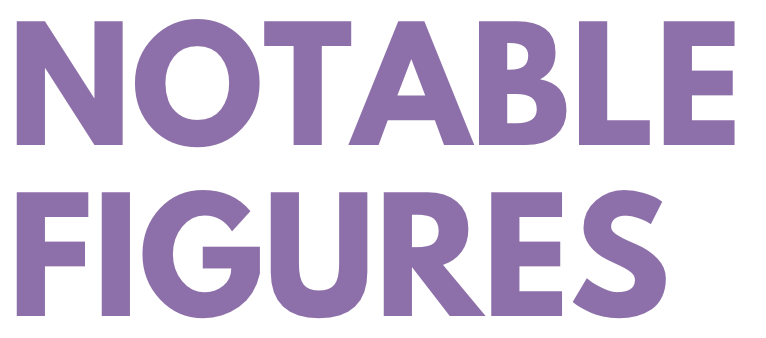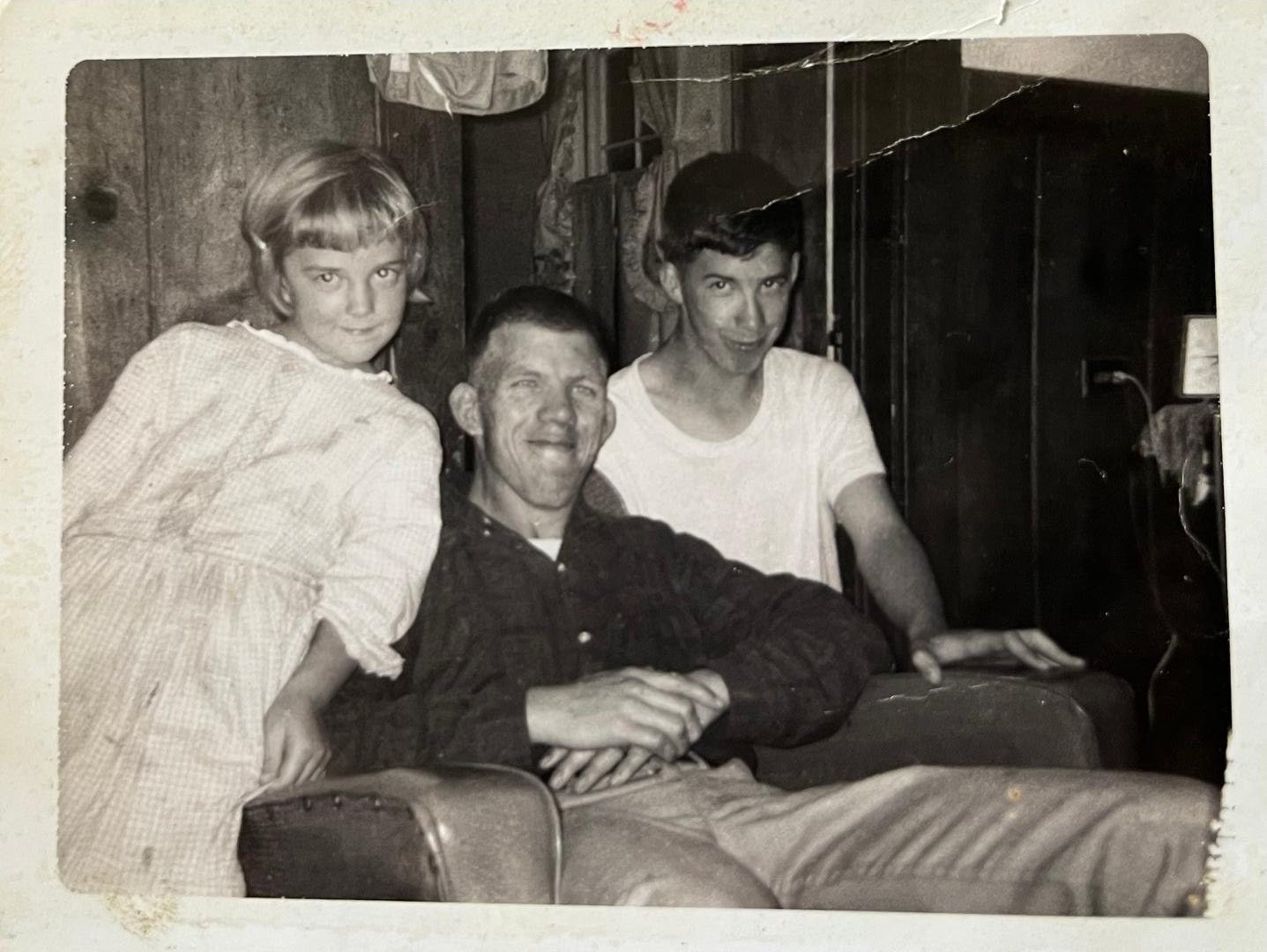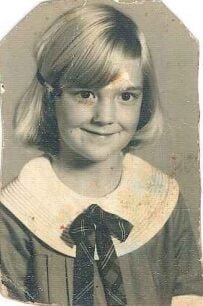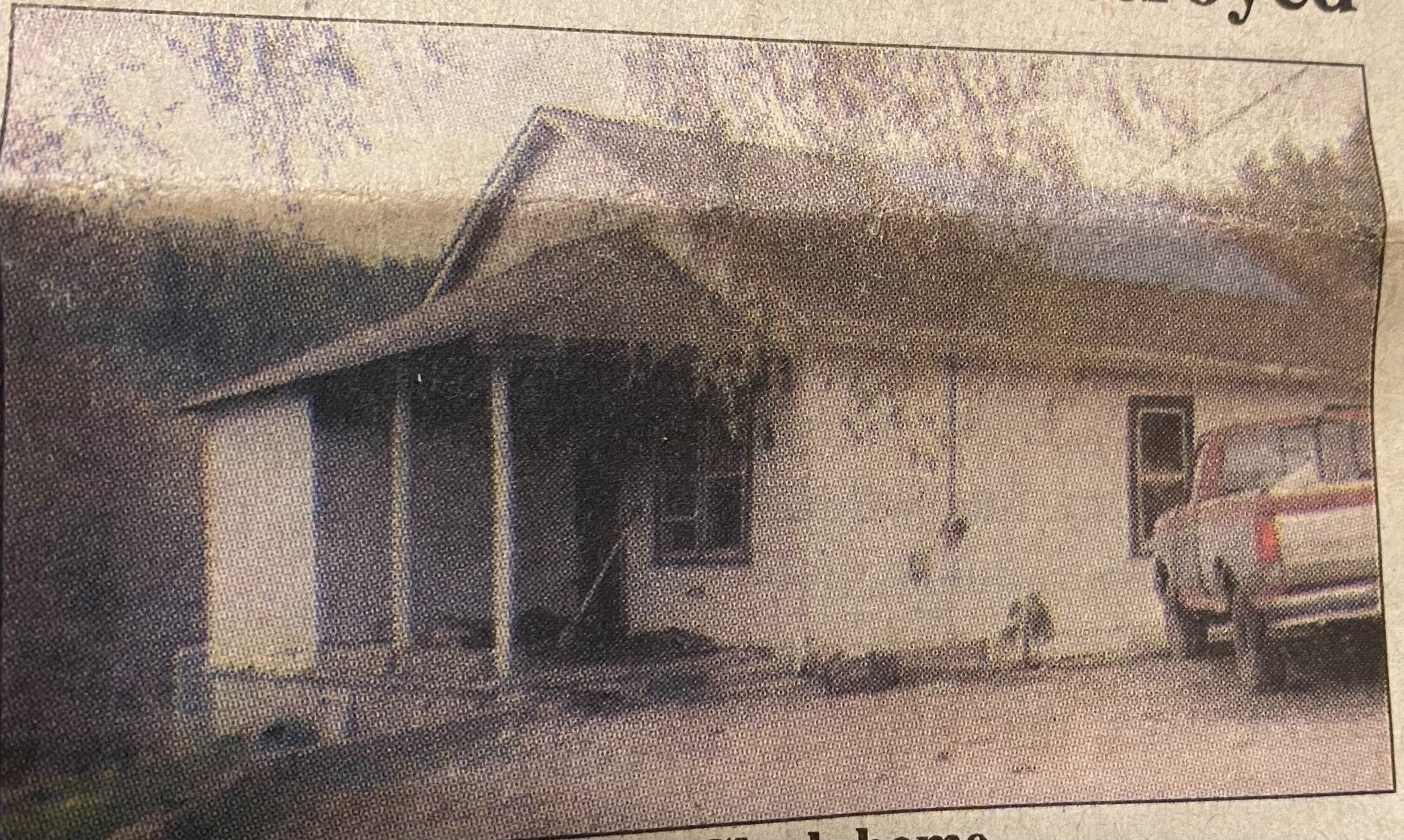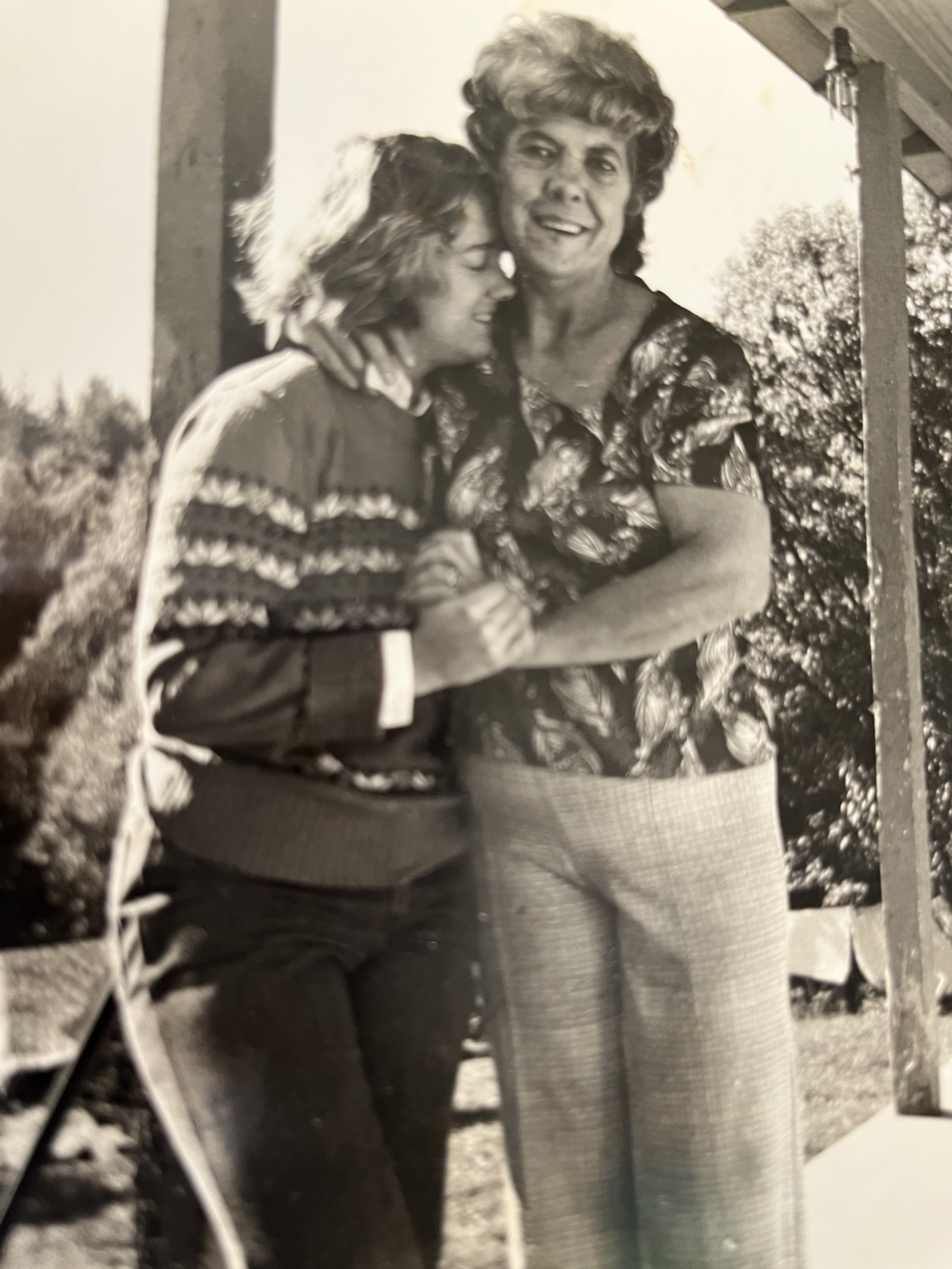Lives on the Line - Poultry in Burke
Grace Hospital and Integration
J Iverson Riddle Institute
"The State of Things" NPR Interview with Molly Hemstreet
Burke County Media Briefing - defines essential workers as it realted to COVID protocals during the pandemic; Released 1/5/2021
8 Ways To Thank Frontline Workers - Burke County United Way Journal
Chemical leak sickens plant workers - 50 Years Ago in Burke County, Sept 26, 2022
Firefighters remember long-time Burke County fire chief - By WSOCTV News Staff, April 20, 2022
Patton graduate, certified EMT helps deliver set of twins - Burke County Public Schools, 06/16/2022c
Historic Photos
History of the County
Just get on the bus - Burke County Notebook
By Deb Rose
Published in the Morganton News Herald, Nov 21, 2021
The first thing I remember of that brutally cold November day was my mom’s hand on my shoulder, shaking me awake.
“Git up,” she said, “The house is on fire.”
I pulled back the heavy covers just as she shoved a kitchen pot in my hand and said, “Bring up some water from the creek. The flue has caught fire, but I think we can put it out.”
I pulled on some shoes and a coat over the clothes I had slept in, then headed outside—still half asleep and trying to process what I’d been told. I was 7 years old.
Mom followed me out of the house. She was holding a broom. I watched as she crossed the road and laid it gently in a ditch. Why, I wondered, is she trying to save a broom? Then the cold reached me. I woke in earnest, and my eyes took in the whole scene all at once.
I saw that my stepfather James’ car was not parked in its usual place, which meant he had stayed out all night playing poker again. My older brother, Joe, was running toward our nearest neighbor’s house a quarter mile away to call for help. My brother, Dan, was carrying a small table piled so high with quilts and clothes that he had to look around his arms to see where to walk. Like my mom, he also crossed the road, but he half threw, half dropped his items on the ground. I turned away from the house and headed down the small hill toward the creek, still clutching the pot my mom had handed me.
We had moved to this house only a few weeks before because my mom had married and James wanted us to move out of my Aunt Elsie’s, where I had lived all my life.
“A family needs a place of its own,” he had told my mom.
The house was a one room shack made of untreated, unpainted 2-by-4’s nailed together in such a way that it seemed to lean in a little on itself. There was no bathroom, no running water, and the only source of heat was a small wood stove in the kitchen, which was the source of the fire. God have mercy, I had thought when I first saw it, if anyone thinks this could ever be a home.
I hated everything about the house. I hated that my mom had married a man I now disliked and would soon come to fear, and I hated that we had left the security of a home I had always known. Most of all, though, I hated the shame and nausea I felt whenever Dan and I got on or off the bus and I felt the eyes of everyone on board watching us.
The water in the creek had puddled off to the side, and I had to break a thin layer of ice to dip the pan in. My fingers burned with the cold as I turned back up the hill. Now I could see puffs of heavy black smoke coming from the front of the house, and as I walked, I thought, let it burn. Let it burn. Dear God, please let this house burn. Every step up that hill was a prayer.
Some of that morning remains a blur to me. I don’t recall the smell of the smoke or the heat from the flames, however, I do remember the cold and the way time seemed to have stopped even though we all kept moving. I remember Mom asking again and again why the fire trucks had not arrived and telling us all to hurry, but my legs felt like they were made of lead, and my hands were numb from the cold.
My clearest memory, though, is of the school bus coming down the long straight dirt road. The second it came into view, something clicked inside me, and I knew what I was going to do. I caught my mom’s eye and saw her nod her approval, and handed her the empty pot. I raised my arm to wave at the driver and waited quietly for the bus to come to a gentle stop. I watched as the doors opened, and then I got on.
I knew that everyone on the bus was staring at me. I was wearing the clothes I had slept in, my hair was uncombed and my face and hands were covered in mud and ashes, but I did not care. I did not care what they thought of me or of the scene playing out in front of them — the house in flames, clothing and household items piled in the ditch, my family still working — still trying to save what could not be saved. If there is a place beyond shame, I went there that day.
Minutes down the road, we met fire trucks with their engines wailing. The bus stopped to let them pass, but my eyes did not follow them and I did not look back. I was on my way to school, where the rooms were warm and the teachers were kind, where someone would give me a hug and tell me not to worry, that everything would be OK — and where, for a few blessed hours I would be safe.









